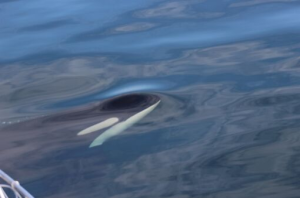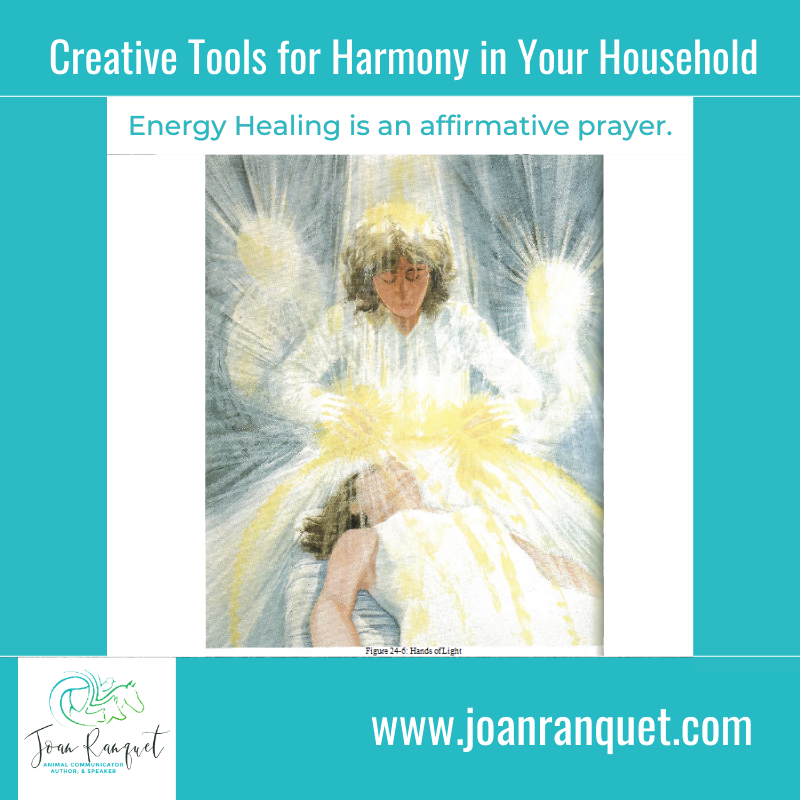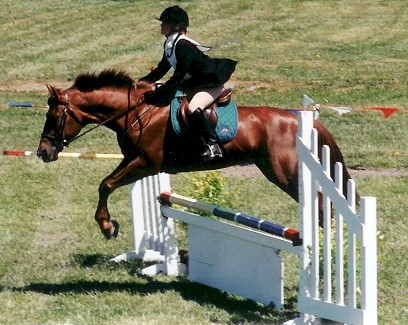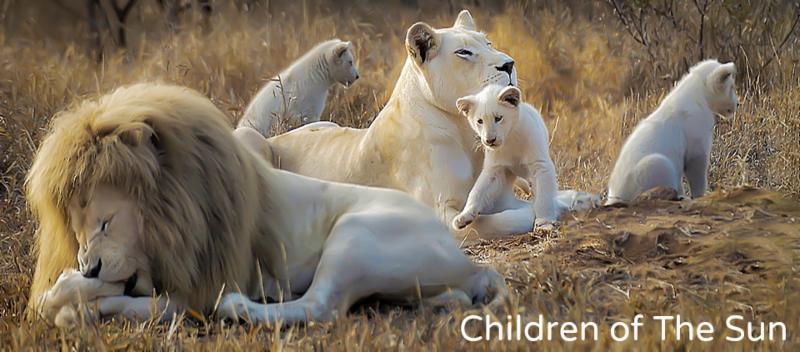What To Do About a Grieving Orca


What to do about a grieving Orca?
Recently the world watched as J 35, Tahlequah, an orca in the Pacific Northwest carried her dead baby around on her rostrum for 17 days. Researchers who know her as well as they know their own family member and were devastated by this. The world was heartbroken. People asked me and many other animal experts, what did we think? And what could we do? And what could I tell her?
And I said to everyone, I would tell her: “I hear you.”
Personally, I think our heartbreak is twofold. As far as Tahlequah goes, I felt she was grieving. Completely and wholly and unconditionally, simply grieving. In a way that is so uncomfortable for us humans to comprehend. We fear that we could drown in an abyss of grief.
And as an animal communicator or someone that doesn’t recognize their abilities at this point, to feel into her was like being pulled into a wave of grief so deep it felt like a breathless meditation.
We aren’t used to going in that deep and hard. We get distracted by arrangements for funerals, we get distracted by going back to work relatively quickly after someone dies. We get distracted by life. As much as we avoid grief at all cost, we don’t even fully do it and ultimately, our grief is fractured. We do grief part time. As a result, we often get haunted by the past.
Yet, Tahlequah didn’t have time for anything but her grief. It was said that some of the elder orcas circled her. Whales have customs and structures much like we do. Only better. Because they allow themselves to fully be whatever feeling they are experiencing. I told people that asked me, “when she is finished with this it will be as if it didn’t happen, she will move on because she so fully and wholly grieved.”
And a few days ago, she was seen frolicking and playing as whales do. She will never look back in a woulda, coulda, shoulda way. She is simply moving forward. With her pod.
I have been fortunate enough to spend quite a bit of time with these whales. Like many people, we feel we know these resident whales. Years ago, I took the Marine Naturalist Course from the Whale Museum in Friday Harbor and couldn’t have fallen more in love with the orcas if I tried.
We called ourselves Dorcas!
But the second part of why we are so heartbroken with Tahlequah is because we know we are to blame for their plight. And that is so uncomfortable.
The J, K and L pods are part of the Resident whales that make up a super pod. They are called the resident orcas because they feed off of the resident rivers and estuaries.
Orcas follow the maternal line; the males often live with their mothers for years. And in these pods, they all followed the rule of Grannie. Grannie is thought to have died in the last 3 years at the age of 104.
Grannie passed down her love of chinook salmon or king salmon. (Transient orcas eat marine mammals and are known to still stay in the area.) So far nobody has come along and suggested they try something else. Humans love chinook salmon as well. So, there’s conflict number 1.
In many native tribes in that region, salmon symbolize abundance. The source. Wealth. And the waterways are depleted.
The Lummi tribe see the salmon and the orcas as their relatives. For them, the loss of the salmon and the inevitable loss of the orcas is truly, facing the loss of more family members.
The Suquamish tribe has been calling for help for years.
Like the tribes above, I believe we are all related. And I believe, we are in trouble. These waterways that make up the Salish Sea and include the Strait of Juan De Fuca and the Puget Sound, all of which are like ravines deep in the ocean and have created a hollow sound system that is believed to create stress to the sonar system of our dolphin and whale friends. Our consumerism is at an all-time high with the cargo ships and there are more and more boats in the sea for “recreation”. This creates a deep-sea ping pong around sound system that wouldn’t be good for anybody but certainly creates major stress on our cetacean friends.
What we dump into the earth that lands in our ground water that lands in our deeper water systems and eventually the ocean is impossible to understand. We could all start by looking at what we use in our dishwasher, the shower. What about chemical laden sunscreens when we swim? And, please tell me you don’t use Round Up! I know, I know, most of my readers think about this daily like I do, but there are many people who don’t operate from the perception that EVERYTHING WE DO ENDS UP SOMEWHERE. As farfetched as it sounds, everything we choose to consume has a major impact on our dolphin/whale beloveds.
Pollution gets stored in their fat, which affects their hormones, their digestive system, their reproductive system and their whole being. Between pollution and sound pollution, we are not helping our relatives. Their birth rate is at an all time low and their population is dwindling.
Those are just some minor reminders. But there are lessons and hopefully we can learn!


Cetaceans are conscious breathers. Our cetacean friends consciously think about each breath. They make daily choices about how to sleep and rest and get their breath. And they make choices about grief.
We have a lot to learn from Tahlequah and our cetacean friends in general.
Hopefully, we can make some different choices on how to support them. Because when we lose our predators on this planet, we can’t survive.




